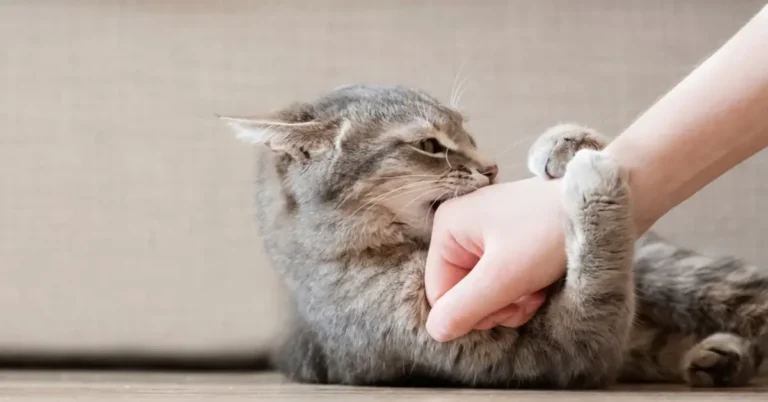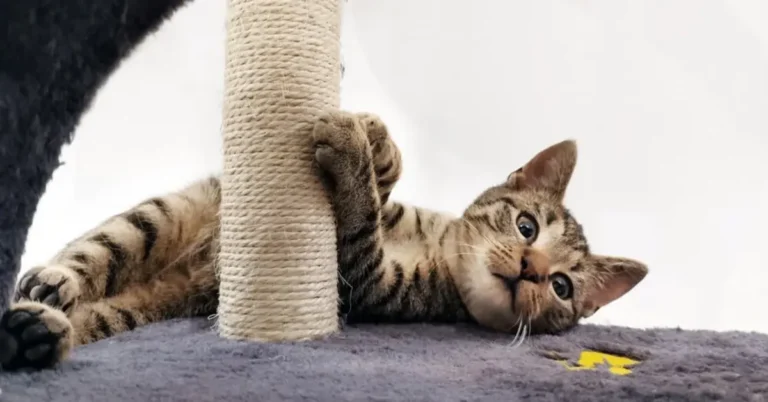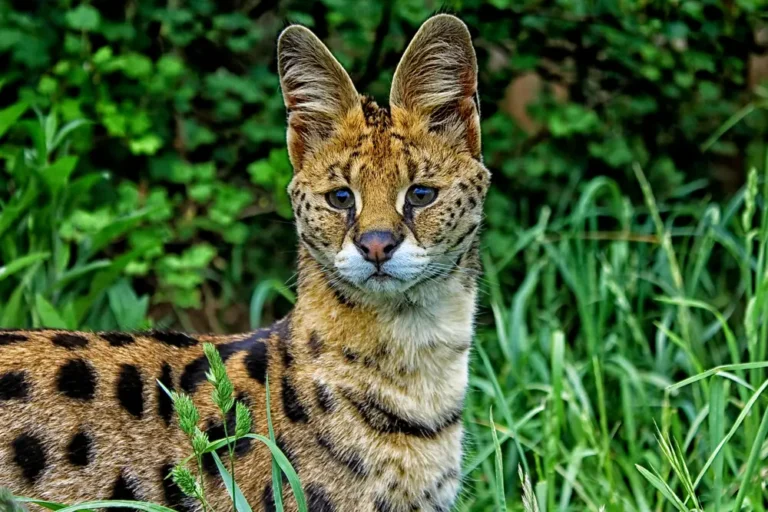Can a Serval Cat Kill a Human?
In the realm of untamed cats, the serval cat stands proud with its one-of-a-kind look and precise traits. While these feline creatures are normally recognized for their beauty and agility, questions arise about the capability hazards they may pose to human beings.
Can a serval cat kill a human? In this discussion, we’re going to explore the nature of serval cats, their interactions with humans, and whether or not there’s an authentic threat of damage.
Understanding How Serval Cats Live and Hunt:

Serval cats, scientifically known as Leptailurus serval, are medium-sized wild cats local to Africa. They have slender bodies, long legs, and special golden coats adorned with black spots and stripes. Despite their wild nature, servals are not usually competitive with human beings.
They are acknowledged for their elusive behaviour, frequently avoiding direct contact with people. Let’s take a better look at the behaviour and characteristics of serval cats, the fascinating felines that call the savannas and grasslands of Africa domestic.
Lone Rangers
Serval cats are like solo adventurers. They choose to do things on their own, particularly when it comes to hunting. You may not locate them in packs; they’re more of the independent type, wandering the open landscapes on their own.
Hunting Habits
When it’s time for a serval to grab a bite to consume,. Small mammals, birds, bugs and insects are what servals want to munch on. They’ve got a menu that fits their size and style, and they are pretty good at catching those agile critters.
Photograph them as professional hunters, navigating the grassy terrain with their eager eyes on the lookout for a tasty meal. Unlike a number of the bigger predators obtainable, servals aren’t packing a ton of muscle. They may now not be the heavyweights of the animal kingdom, and that’s okay because they’ve got their manner of having a meal.
Jumping Geniuses:
What servals lack in raw energy, they make up for in acrobatics. Those cats are just like the gymnasts of the feline world. Their legs are made for jumping, and they can bounce impressively high, which is available in handy when they may be seeking to trap birds mid-flight or snag a short-shifting insect.
Adapting to the Hunt:
It’s like a well-choreographed dance in the wild. Servals use their exceptional jumping ability to adapt to their environment, making sure they can nab their brief and nimble prey. It’s all approximately approach and finesse in place of overpowering electricity.
Navigating the Relationship Between Humans and Serval Cats
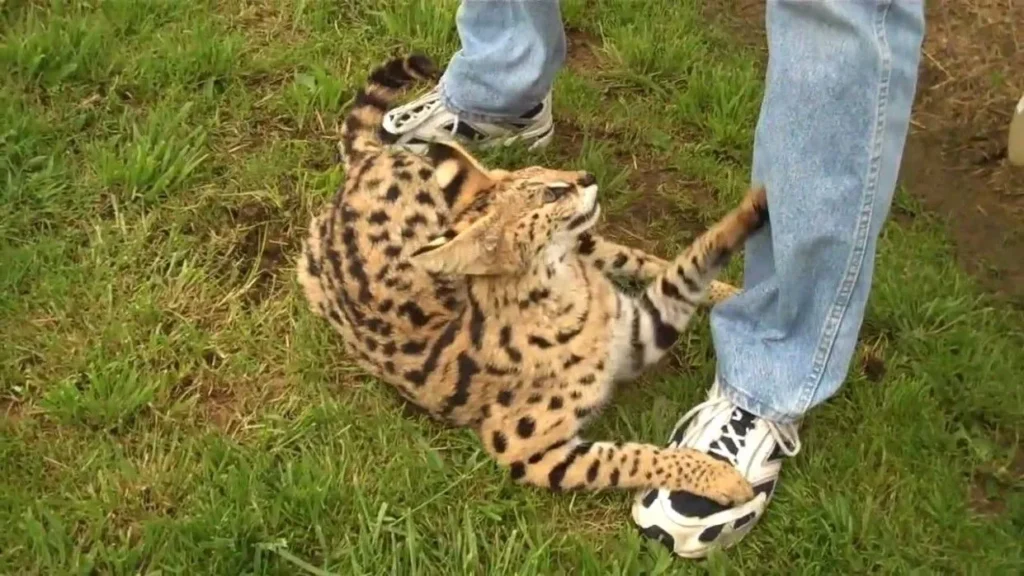
Let’s discover how serval cats, notwithstanding being wild at heart, from time to time locate themselves inside the company of human beings as extraordinary pets. How these precise felines interact with us depends on their upbringing and socialization, yet their inherent wild instincts can still surprise us.
Wild by Nature, Tamed by Humans:
Even though servals are wild animals, some people have chosen to keep them as exotic pets. This selection opens up an entirely new dynamic between servals and people. Unlike your ordinary domestic cat, servals are still deeply connected to their wild roots, and this connection impacts how they behave around people.
Dependent on Upbringing:
The way servals interact with human beings boils down to how they were brought up. If they’ve had wonderful experiences with people from a younger age, they might be more at ease and less apprehensive around humans. This positive early interplay sets the stage for a doubtlessly smoother relationship.
Socialization Plays a Key Role:
Socialization, or the system of having servals used to being around humans and other pets, is a big deal. The more nice and enriching studies they have with people, the more likely they’re to develop a certain level of comfort. This may include being handled, spending time with their human companions, and getting acquainted with the rhythms of domestic lifestyles.
The Unpredictable Wild Card:
Despite all of the efforts to make servals sense at domestic in human surroundings, there is a wildcard – their wild instincts. Regardless of how domesticated they may seem, servals can still exhibit behaviours that remind us they’re wild creatures. Those behaviours may include unexpected bursts of power, searching instincts, or a desire for solitude at times.
The Complexity of Domestication:
Domesticating a serval is a unique challenge. Unlike the lengthy history of domestication with common house cats, servals are particularly new to the home scene. Because of this at the same time as they could proportion our living areas, they haven’t passed through generations of selective breeding for precise trends like our common feline friends.
Caution in Companionship:
Everyone considering a serval as a pet wishes to technique the relationship with caution. Their wild instincts are a part of what makes them special, but they also can make their conduct much less predictable. Information on the stability of their wild nature and domestic lifestyles is critical for developing safe and harmonious surroundings.
Potential Threat to Humans
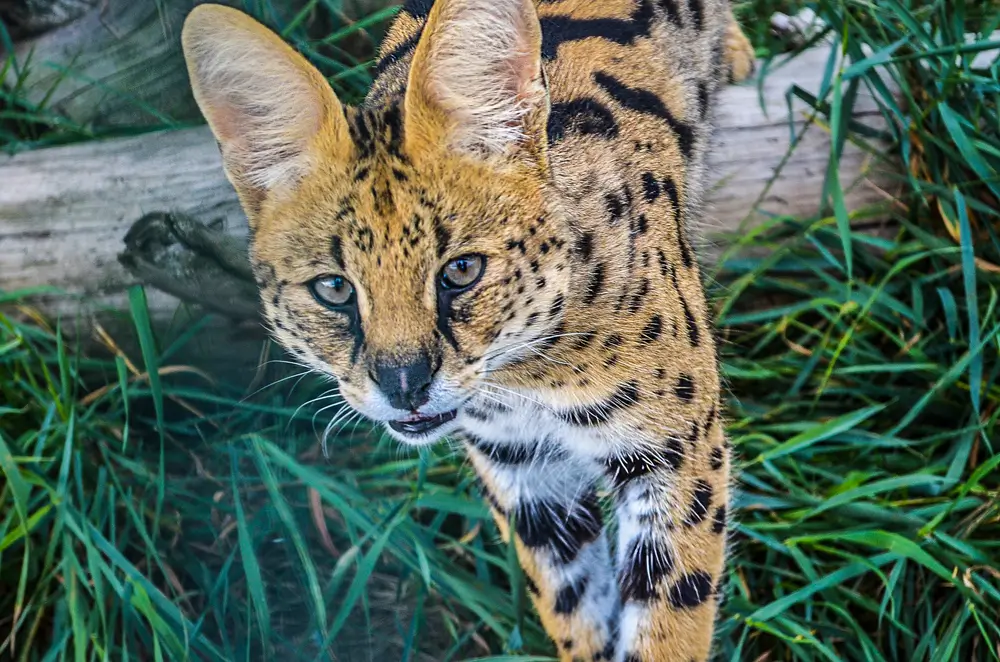
It’s essential to renowned that, beneath ordinary circumstances, serval cats aren’t considered a widespread danger to people. They are typically shy and tend to keep away from confrontations. However, whilst cornered, scared, or feeling threatened, any wild animal, inclusive of servals, may act defensively. In rare cases, servals might also show aggressive behaviour, that could result in scratches or bites.
Risk Factors and Precautions:
Can a serval cat kill a human? The chance of a serval inflicting harm to a human can be influenced through different factors, together with the animal’s age, health, and former stories with human beings. To reduce capacity risks, it’s miles important for people to exercise warning whilst interacting with servals, particularly the ones saved in captivity.
Legal and Ethical Considerations:
Keeping serval cats as pets may boost ethical and legal issues. In lots of locations, owning a serval may be a challenge to strict policies because of the ability dangers associated with retaining a wild animal. It is critical to prioritize the welfare of both the animal and the human community when considering the appropriateness of such preparations.
Understanding Conservation

Conservation is like being the guardian of nature. It includes making sure that animals like serval cats, and the environments they stay in, are stored safe and thriving. Think about it as making sure a vivid and relaxed future for them.
Why Conservation Matters:
Conservation efforts are critical because they assist in preventing serval cats from disappearing. Whilst we work to protect them, we’re now not just searching out for the cats themselves but additionally for the homes they live in, known as ecosystems. These ecosystems are like huge communities where all forms of living matter rely upon each other.
Threats to Survival:
Serval cats face a spread of problems within the wild that make it tough for them to live. Things like changes in their habitats, human activities, and now and again even different animals could make life hard for those lovable creatures.
Responsible Ecotourism:
Imagine having the experience of seeing serval cats in their natural habitat. Accountable ecotourism is when humans visit those locations however do it in a manner that does not damage the surroundings or disturb the animals. It is like having guests who are respectful and considerate, ensuring they go away with a positive effect.
Education Matters:
Learning about serval cats is crucial. Education helps humans understand why those cats are vital and how they contribute to the balance in their ecosystems. The more we realize, the higher we can guard them. It is like having a guidebook that tells us how to take care of something treasured.
Maintaining Balance:
Serval cats play an essential function in preserving the balance of their ecosystems. By way of searching for certain animals, they help manipulate the numbers of these creatures. It is like having nature’s manner of making sure everything stays in harmony.
Conclusion
In conclusion, at the same time as serval cats are fascinating creatures with unique characteristics, they may be usually not taken into consideration as a danger to humans under ordinary circumstances. It is important, however, to approach these animals with appreciation and warning, mainly in instances wherein they’re stored in captivity.


